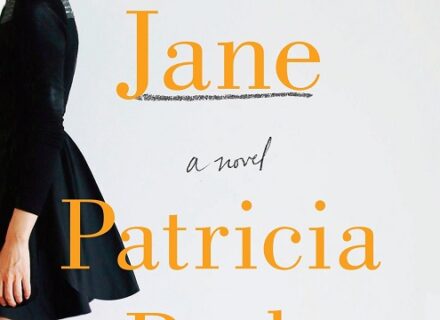God save me from women writers who hate their female leads. There must be some term for this–oh wait, Adrienne Rich calls it male-identification. In her essay on “Compulsory Heterosexuality,” Rich quotes Kathleen Berry’s Female Sexual Slavery to define male-identification as “internalizing the values of the colonizer and actively participating in carrying out the colonization of one’s self and one’s sex.” I know from reading some “Readers’ Club” back of the book interview that Kristin Hannah really thinks she’s telling women’s stories from their points of view, but come on–stop hating on your women protagonists.
There are two sisters and a cold, withdrawn mother in Winter Garden. The detachment of the mother character is over-drawn and hard to believe, given how loving and affectionate she is toward the girls’ father her husband. This is historical fiction, set partially in the 1980s on an apple farm in Washington state, and partially in Russia during the Siege of Leningrad. I read this book, once again, because it was a pick for my neighborhood bookclub. I enjoyed reading it, but I loathed the author’s characterization of the women. Something is deeply psychologically wrong with all of them (meanwhile, the men are apparently fine–just happy-go-lucky, in love, and blameless for the dysfunction with which they’re faced). I knew I was going to hate the female characterization the minute I got to this first physical description of Meredith Whitson, older daughter.
Was this what forty looked like? Really? In the past year Meredith had gone from Miss to Ma’am. Just like that, with no transition. Even worse, her skin had begun to lose its elasticity. There were tiny pleats in places that used to be smooth. Her neck was fuller, there was no doubt about it. […]
I guess that isn’t so bad–I mean there are moments when everyone who is past their 20s–men, too, I imagine–take careful looks at their faces in the mirror and do this sort of negative blazon routine. But then Meredith goes for a run:
As she did every weekday morning, she ran along the gravel road that led from her house, down past her parents’ house, […] Four miles exactly. It was a routine she rarely missed; she had no choice, really. Everything about Meredith was big by nature. She was tall, with broad shoulders, curvy hips, and big feet. Even her features seemed just a little too much for her pale, oval face–[…] Only constant exercise, a vigilant diet, good hair products, and an industrial-sized pair of tweezers could keep her looking good.
That is some hateful describing. I’m not going to rush out to read another book by this author.



